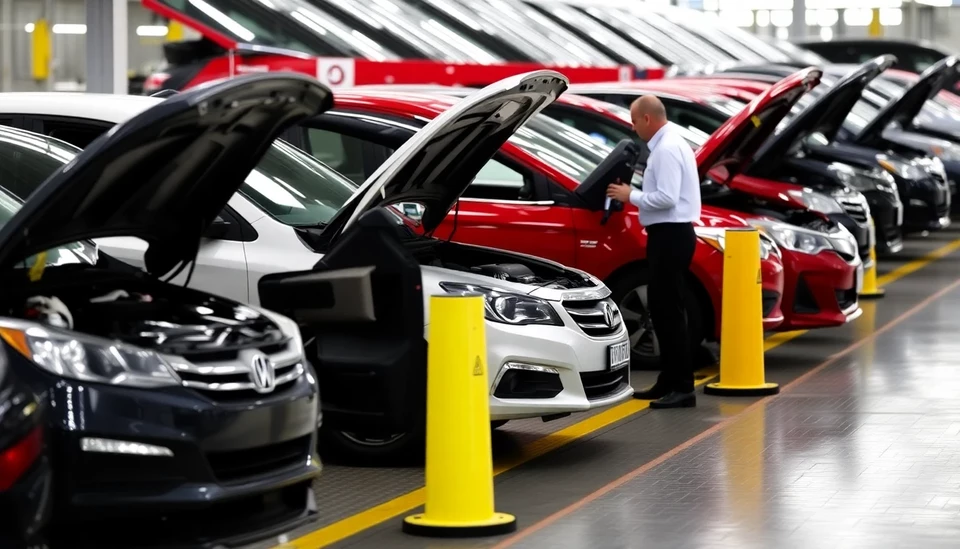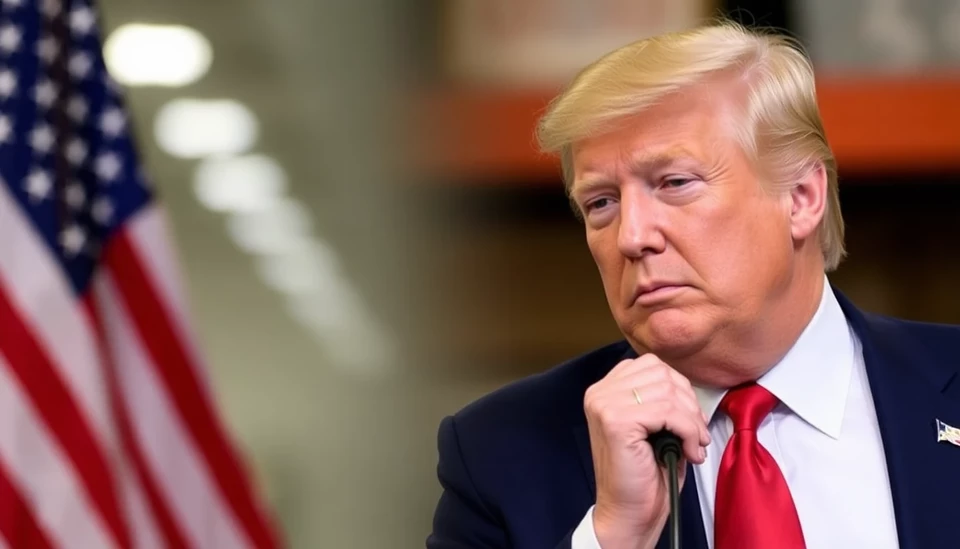
In a significant move that could reshape the landscape of the automotive industry, U.S. officials are actively considering easing tariffs imposed on imports within the sector. This development signals a potential shift in the administration's trade policy, aiming to bolster industry growth while also addressing economic concerns that have emerged in recent years.
The tariffs in question, originally implemented to protect domestic manufacturers from foreign competition, have faced increasing scrutiny. Officials argue that these trade barriers may inadvertently hinder the ability of U.S. automotive companies to compete in a rapidly evolving global market. As electric vehicle (EV) production surges and the industry transitions, the administration recognizes the need for a more flexible approach.
Discussions are still underway, with key officials debating the potential implications of reducing these tariffs. Advocates for tariff relief argue that lowering these costs could lead to decreased prices for consumers and stimulate investment in the automotive sector. Conversely, there are concerns about the potential negative impact on domestic jobs and manufacturers who rely on the protection tariffs provide.
Industry leaders have voiced their opinions on the matter, highlighting that easing tariffs could enhance collaboration with international partners, drive innovation, and allow for a more competitive pricing structure that benefits consumers. The ongoing uncertainty surrounding global supply chains and market dynamics has further underscored the need for a reevaluation of current tariff strategies.
The Biden administration has emphasized the importance of maintaining a balance between supporting U.S. jobs and fostering a competitive environment that encourages growth in the automotive industry, particularly as it pivots toward electric and sustainable vehicles. There’s also an ongoing focus on how tariffs can be adjusted in light of evolving trade relationships and geopolitical tensions.
As this dialogue progresses, stakeholders from various sectors are keeping a close eye on potential outcomes. The implications of tariff adjustments extend beyond the automotive industry; they could ripple through other sectors, affecting supply chains and trade flows on a broader scale.
In conclusion, as U.S. officials weigh the pros and cons of easing tariffs on the automotive industry, the decision could mark a pivotal moment in trade policy. Whether these discussions lead to substantial changes remains to be seen, but the dialogue alone reflects a growing recognition of the complexities involved in navigating global trade.
#USTariffs #AutoIndustry #TradePolicy #ElectricVehicles #EconomicGrowth #TariffEasing #BidenAdministration #AutomotiveTrade
Author: Victoria Adams




